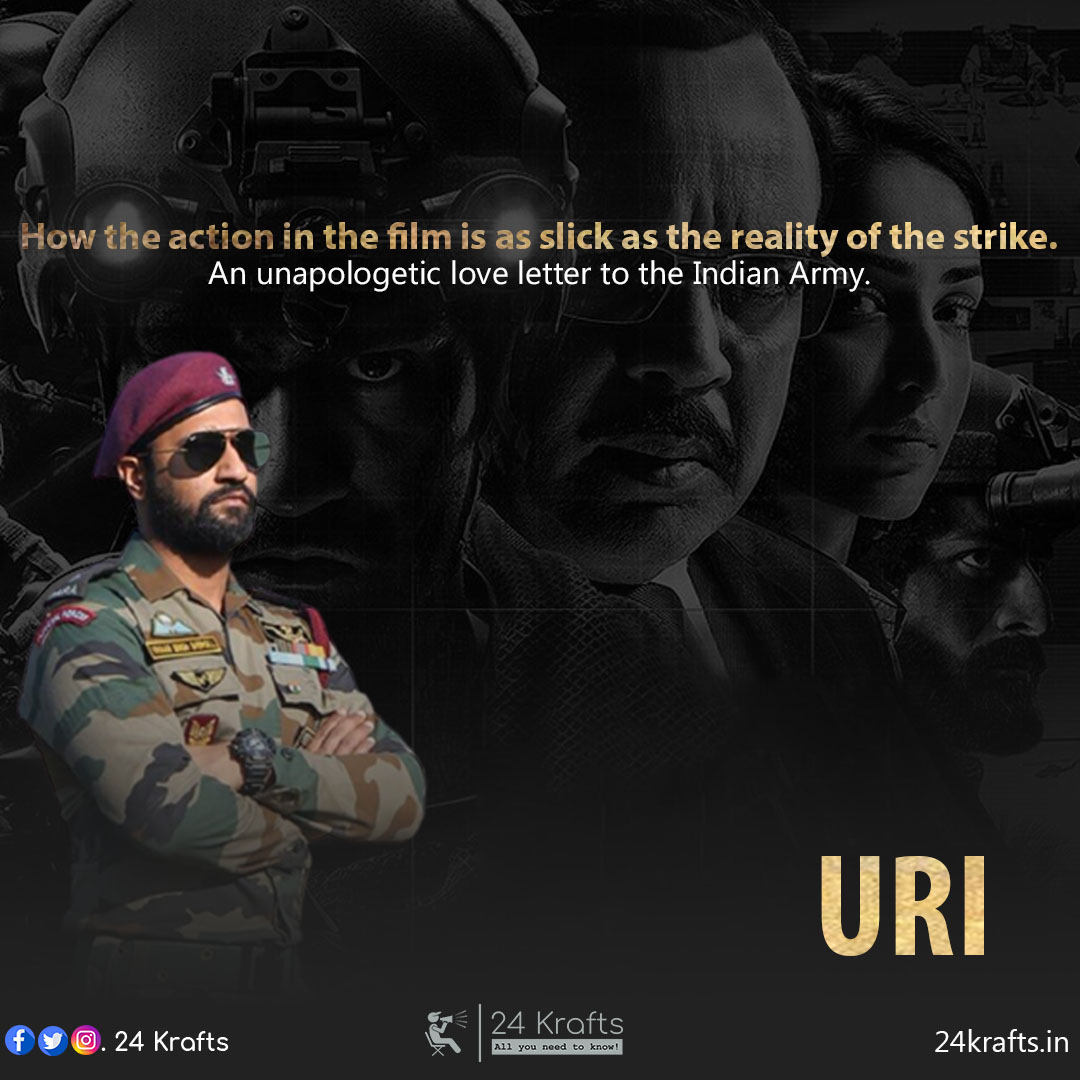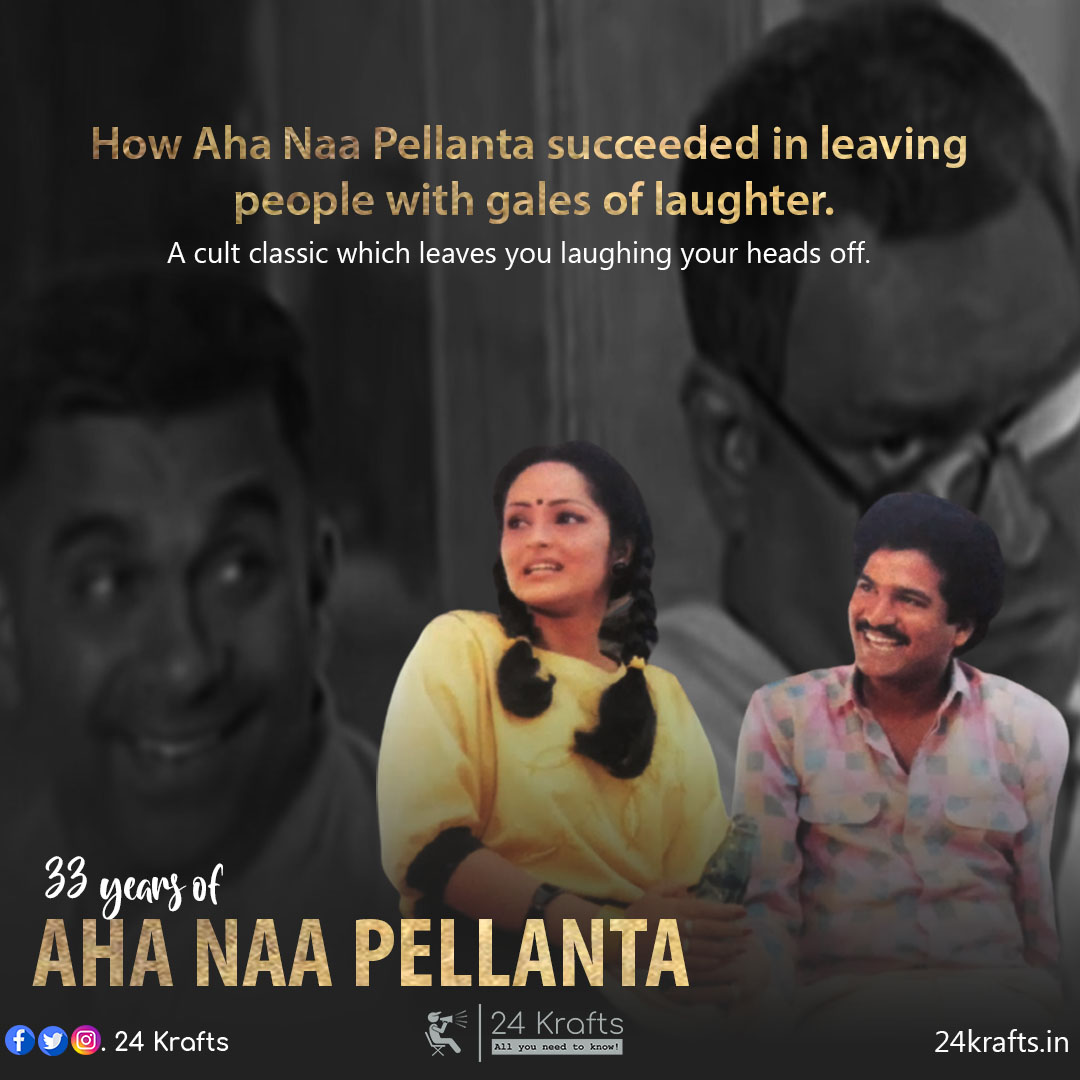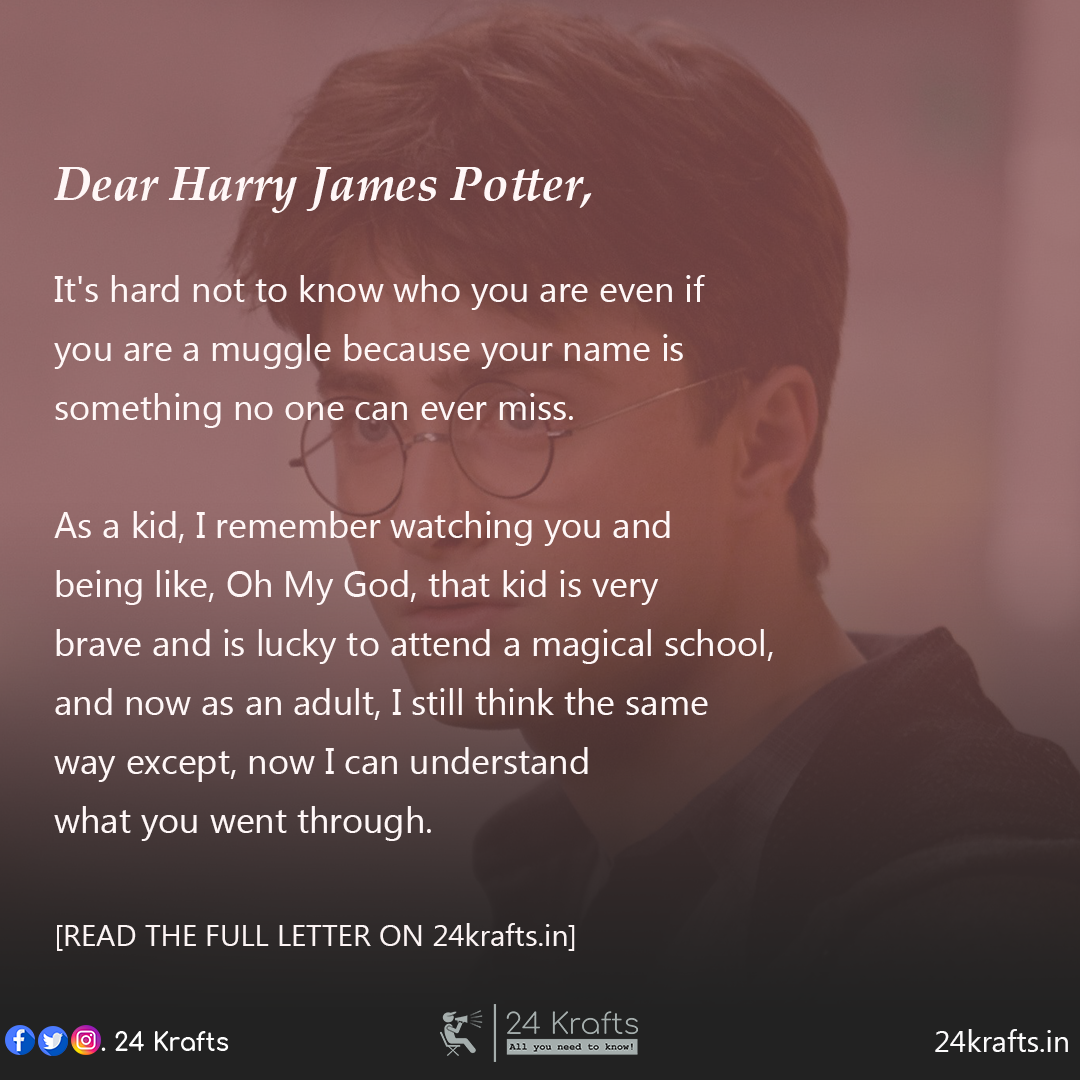Over the years, many Bollywood filmmakers have decided to take the patriotic route and make nationalism-infused dramas. Patriotism is the key to the hearts of the audience and this formula seems to be working fairly well, and box office numbers are proof. One of the latest cinemas, in the slew of nationalist films, is Uri: The Surgical Strike, starring Vicky Kaushal, Paresh Rawal, Yami Gautam and Kirti Kulhari. It is based on the September 2016 retaliation surgical strikes carried out by the Indian Army in response to the terror attacks at Uri, the army base camp in Kashmir. Vicky plays the role of a dedicated soldier, Vihaan, who is known for his meticulous strategizing and planning in missions. After a successful mission, he wishes to retire from army life, as his mother needs him.
That a film about a soldier fighting to keep his country safe will be full of valour and ‘desh-bhakti’ is a given. The surgical strikes India undertook in Pakistan are at the heart of this film, and we get all the requisite elements of a ‘war film’: action in the war-zones, hovering helicopters, brave army men and women, cowardly enemies, and the relentless rat-a-tat of machine-guns, the devastation caused by hand grenades, and bodies exploding in a gush of blood. But because this is a Bollywood film, we get a hand-to-hand combat moment for our hero Major Vihaan Shergill (Kaushal). How else are we to appreciate his bravery? The major and his derring-do commando unit, which includes Captain Karan Kashyap (Raina), spearheads the surgical strikes, and we get a Hollywood-influenced build-up: chatter amongst war-room strategists, those who are in-charge of advanced weaponry, and the men who give the orders. A young wet-behind-the-ear nerd and his ‘creation’ causes an old warhorse to say: son, you may have won us the war. Straight out of a Hollywood flick. The female characters, apart from the ailing mum (Sampat), are sketchy, one playing a sleuth (Gautam), another a helicopter pilot (Kulhari), there to support the hero, though it’s nice to see no overt song-and-dance romantic overtones: again, so Hollywood.
Broadly speaking, Hindi films are about emotion and not nuance. It’s just their grammar, and not necessarily a shortcoming. But Uri: The Surgical Strike is fashioned as a different kind of Bollywood war film, one whose ambitions are closer to Zero Dark Thirty than Border. The film recalls the retaliatory strikes undertaken by the Indian Army on terrorist launch pads in Pakistan, and if pruned judiciously it might’ve worked as a crisp, gritty procedural. Crucially the first hour is a slog. After an action-packed prologue establishes the leadership capabilities and derring-do of Major Vihaan Shergill, the filmmakers spend too much time focusing on his life beyond the uniform. All the usual tropes are at play: ailing parent, widowed sister, orphaned niece. Vicky Kaushal is in especially good form as the protagonist, looking every bit the army man. He brings both the bulked-up physicality and the sort of steely determination that the part requires.
Sadly, no other character in the film is deemed worthy of respectable screen time or even to be adequately developed. Yami Gautam plays an intelligence officer, and Kirti Kulhari a skilled pilot. The casting of female actors in these parts amounts to mere tokenism, given how little they have to do. Mohit Raina, also playing a paramilitary commando, gets a few moments to shine. For the most part, the film avoids the chest-thumping jingoism that is the hallmark of our patriotic films, but it cannot resist the occasional rousing dialogue. Writer-director Aditya Dhar knows what buttons to push. “Unhe Kashmir chahiye, aur hume unka sar,” a soldier bellows to his troops. When Major Shergill seeks retirement from active field duty so he can be closer to his sick mother, Prime Minister Narendra Modi (Rajit Kapoor), no less, reminds him that “desh bhi toh maa hai”. In another instance, Paresh Rawal, playing a character modelled on National Security Advisor Ajit Doval declares: “Yeh Hindustan ab chup nahin baithega. Yeh naya Hindustan hai. Yeh ghar main ghusega bhi aur maarega bhi.”
The film hits its stride when it focuses on the process – the planning and the execution of the surgical strike. Scenes of interrogation, waterboarding, war-room deliberations, and the recruitment of a young tech nerd with a breakthrough invention build up nicely to the actual strike. As soldiers in night-vision goggles penetrate safe houses and terror targets, you can feel a growing sense of suspense and tension, despite already knowing the outcome. This is largely a result of the terrific cinematography by Mitesh Mirchandani.
Ultimately there’s a lot to admire here, but because it can’t shake off its unmistakably filmi sensibility – which is inherently at odds with the no-nonsense tone it aspires for – it proves thrilling only in parts. The film is too long at nearly 2 hours and 20 minutes and as a result, it runs but never flies. If that doesn’t mar the experience of the film, I don’t know what does. For a film about active blood-letting, it is curiously bloodless. There’s almost no tension, nor did enough of the rousing goose-bump inducing moments that such films should come arm with to be fully effective. When a character shouts, ‘how’s the josh’, you want to ask: ‘where’s the josh’?



